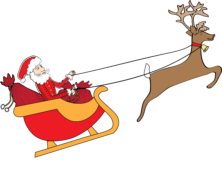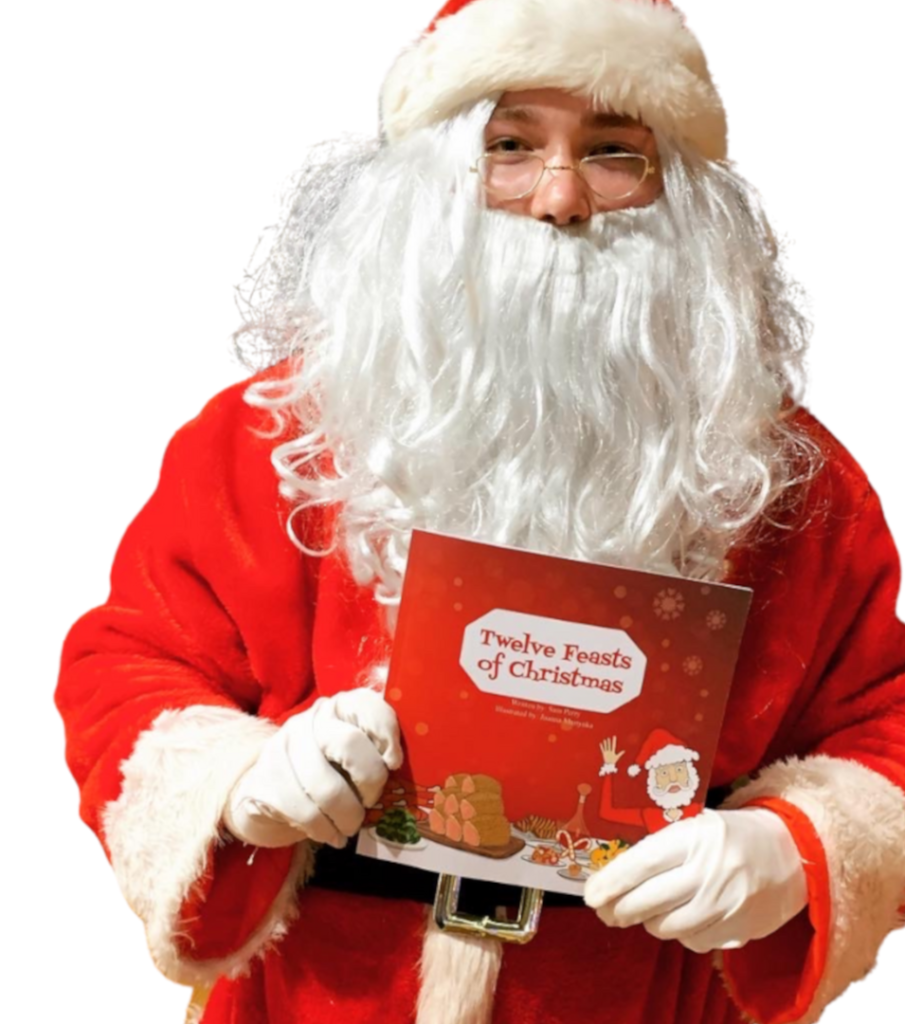Why was Christmas banned in England is answered in the excellent Making of Oliver Cromwell. Every product is carefully selected by our editors and experts. If you buy from a link, we may earn a small commission.
The Making of Oliver Cromwell is the first volume in a pioneering account of Oliver Cromwell—providing a major new interpretation of one of England’s most complex and fascinating historical figures.
Oliver Cromwell (1599-1658), the only English commoner to become the overall head of state, is one of history’s great figures, but he wasn’t loved by all. He was both brave and devout, as well as cunning and self-serving.
Why was Christmas banned in England?
The 25th of December was a public holiday in the first half of the 17th century, and all businesses were closed. People flocked to special church services, and public spaces were decked out in holly, rosemary, and ivy. Dancing, singing, drinking, and gift-giving were all part of the festivities. Roast beef and mince pies were popular holiday fare. But in 1647 Christmas was banned in England, a ban that lasted for nearly 20 years, and sparked a Civil War.
The Puritan government imposed the ban in 1647 because they believed Christmas was being used as an excuse for drunkenness, promiscuity, gambling, and other forms of excess. They also saw such celebrations as being too closely associated with Catholicism at a time when Catholics were viewed with suspicion at best, and hated and persecuted at worst. Whilst the 1647 Christmas ban was one of the longest, it wasn’t the first Christmas ban.
In 1640, Presbyterians in Scotland made Christmas illegal.
In January 1642, Parliament passed and King Charles signed legislation establishing a monthly day of prayer, repentance, and fasting. Such days were not uncommon in the Early Modern World; when times were tough, communities and even nations were frequently asked to spend such days fasting and praying in the hope of Divine intervention to end their troubles. The last Wednesday of each month in England and Wales was set aside for this purpose by law in 1642.
When was the first Christmas ban?
The first Christmas ban was enacted in 1644. It coincided with Parliament’s monthly day of prayer and fasting in the hope of bringing the war to an end, and a specific ordinance was passed to emphasise this. Church services were cancelled for that day. Given that the ordinance was issued only a few days before Christmas, the country was torn apart by Civil War, and Parliament had little control over much of the country, it was unclear how many people carried it out.
In 1645, Parliament passed a new ‘Directory of Public Worship,’ intended to replace the Book of Common Prayer and lay out a new form of worship for the Anglican church. It stated that special services or celebrations for Christmas, Easter, and other such festivals were no longer to be held.
Did Oliver Cromwell ban Christmas?
No, not really. There was a ban, but it was imposed by Parliament. Cromwell’s role was minimal at best. In fact, Cromwell was crucially absent from Parliament when the key ban was passed; He was under threat of arrest at the time for supporting the army in their pay protests.
The outright prohibition came in June 1647, when Parliament passed an ordinance prohibiting Christmas, Easter, and Whitsun festivities, services, and celebrations, including domestic festivities, with fines for noncompliance – though they also instituted a monthly secular public holiday (the equivalent of a modern bank holiday) instead.
Puritans regarded Christmas as a Pagan festival and claimed that the 25th of December was not mentioned in the Bible. They enforced the Christmas ban, requiring all shops and markets to remain open and many churches to remain closed in order to hold a Christmas service.
The public reacted violently to the ban, causing disruptions across the country. Canterbury was one of the worst hotspots, with violent looting and rioting breaking out the first Christmas after the ban was imposed.
He was devoted to his cause as a legislator, and ruthless as a soldier. Cromwell’s speeches and writings outnumber those of any other English ruler before Victoria, and those seeking to understand him have usually taken him at his word.
Ronald Hutton separates fact from fiction in his remarkable new work. Cromwell quickly rose from obscure provincial to military victor as he pursued his devotion to God and solidified his Puritan support base. Hutton reveals a man who was both sincere in his faith and purposeful in his dishonesty—and reveals the inner workings of the man who has baffled biographers for centuries.
The Christmas ban, like most Commonwealth/Protectorate legislation, was repealed with the Restoration in 1660. Over the last 350 years, the ban, its effectiveness, and Cromwell’s association with it have all become part of popular mythology.


